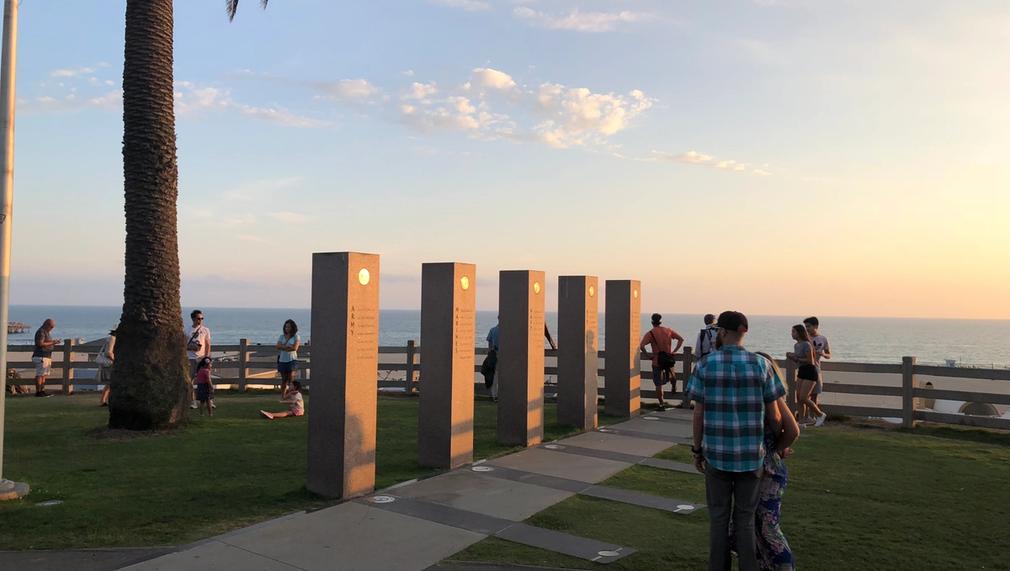Joyful Again - Relief from Grief
Joyful Again - Relief from Grief offers unlimited online meetings to help people walk through grief to a life of more joy in a unique holistic and physical way: meditate, share about their current issues, absorb and divest of inherited items, and Emotional Freedom Technique (tapping). Grief can result from divorce, retirement, a medical diagnosis, loss of trust or faith, being a first responder, pandemic stress, or moving and more. There is an increase in grief since the pandemic. Loss over change ebbs and flows and requires ongoing support.

What is the primary issue area that your application will impact?
Mental health
In what stage of innovation is this project, program, or initiative?
Pilot or new project, program, or initiative (testing or implementing a new idea)
What is your understanding of the issue that you are seeking to address?
The pandemic has set off a grief crisis. 600,000 died during the pandemic in the U.S. One in five of those who reported having COVID 19 still have symptoms of “long COVID,” resulting in loss of livelihood and human interaction. COVID interfered with grief itself, barring physical contact with dying loved ones and funerals. It created loss and change on a massive scale. Grief is a natural process we go through after loss, but there's a lack of skills around grief. Unaddressed grief inhibits growth and healing. Depression and suicide rates in college students have never been higher.
30% of first responders develop behavioral health conditions including depression and posttraumatic stress disorder (PTSD). Firefighters were reported to have higher attempt and ideation rates than the general population and in law enforcement, between 125 and 300 police officers commit suicide every year. First responders and medical personnel are often giving trauma assistance but not grief assistance.
Describe the project, program, or initiative this grant will support to address the issue.
8-10 Participants, including young adults and first responders, 50%-60% will based in Santa Monica will attend up to three one-hour online meetings weekly in a safe space to walk through grief to joy for as long as it takes in a spiritually open, broad holistic approach on an ongoing basis. Participants will have the opportunity for quiet meditation to sit with their grief, open authentic sharing, and receive actionable grief resources to address the physical and emotional aspects of grief. Participants will learn healthy ways to talk about their grief and offer other resources for grief. Participants will read from the Grief Recovery Handbook and other books on healthy grief recovery.
Participants will not be counseled or instructed.
Participants will address the physical items associated with their grief and their physical spaces often stagnating with grief relics: items they've inherited through death, divorce, moves, etc., drawing from the work of Marie Kondo.
Leader will conclude the meeting with optional Tapping Emotional Freedom Technique (EFT), as a tool for managing emotions. During EFT, individuals tap certain points on their body, addressing the physical aspect of grief. It's proven to relieve PTSD, stress, trauma.
Participants will develop strategies for self care, self esteem and experience joy, even if their grief is prolonged. Leader will receive EFT & TFT Tapping Practitioner Certification to serve more people with specialized skills and accreditation.
Describe how Los Angeles County will be different if your work is successful.
Relief from Grief, Joyful Again will save lives in Los Angeles County. Relief from Grief, Joyful Again will make Los Angeles Count a more accepting community where through support people feel loved and accepted, and connected.
Members of our community, who have been non-functioning due to grief will, having processed the grief in their own time, achieve acceptance and will once more contribute to the community, able to help those they are called to serve. Members of our community will be able to make healthier decisions and have healthy relationships, positively impacting families, public safety, and health and wellness in our community. This model for grief support is a replicable model that this community and beyond can use to meet the need for grief support on a larger scale. With wide adoption this program could result in online 24/7 meetings, always running for immediate grief relief, a safe place to come and share and be heard, available in different languages.
What evidence do you have that this project, program, or initiative is or will be successful, and how will you define and measure success?
Program Impact metric is measured by an intake response form in which the participant draws and optionally writes about their feelings, repeating every 3-6 months to observe progress from grief to joy. Because grief is cumulative and pervasive, drawings allow for more accurate views into the level of joy.
In 3 years of grief support group meetings, 75% of participants attend for at least 6 months, sharing victories like coming out of isolation, traveling, dating, hosting parties, divorce, applying for jobs, redecorating homes after death, cleaning garages, etc.
In feedback surveys completed by participants,they say how essential this group is to their health, freedom, and joy they have in their lives. Some participant descriptors are: healing, safe, grounding.
"I know it's going to be ok because I have this group to come to and share." "It frees me from being my own prisoner with my emotions and my heart "Thank you for creating a safe space for everyone to grieve, grow, and be safe."
Approximately how many people will be impacted by this project, program, or initiative?
Direct Impact: 40.0
Indirect Impact: 400.0